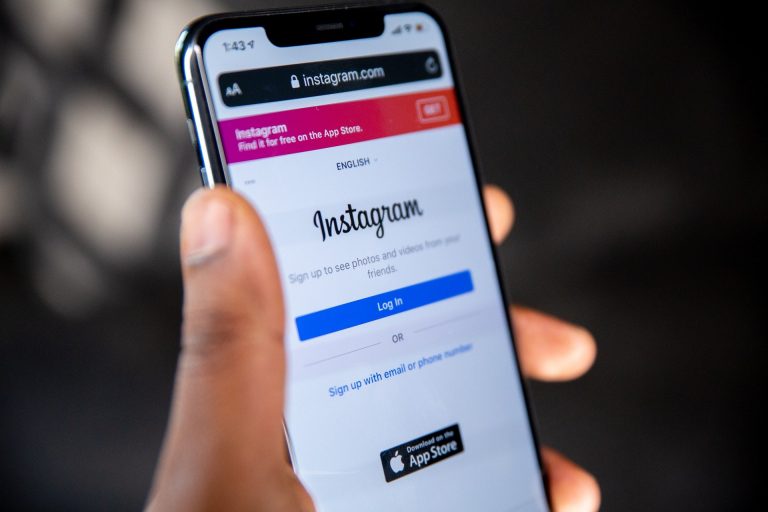Meta Platforms, Inc., formerly known as Facebook, has come under intense scrutiny for its approach towards youngsters after thousands of pages of internal documents were leaked to the press by whistleblower and former employee, Frances Haugen.
Instagram, the popular photo-sharing app that is also owned by Meta, is now being investigated for the potential effects it might have on the physical and mental health of children. Meta has been accused of promoting the app to children even after its research showed that Instagram was toxic to youngsters. The app is known to aggravate body image issues, depression, anxiety, eating disorders, and has even led youngsters to develop thoughts of suicide.
The investigation was launched on Nov. 18 by a bipartisan consortium of attorneys general from California, Massachusetts, New York, Nebraska, Vermont, Florida, Tennessee, New Jersey, Oregon, and Kentucky.
The states are probing methods employed by Meta to lure youngsters and increase the amount of time they spend on the platform as well as the resulting effects of such prolonged engagement. The attorneys general are also looking into whether Meta’s actions have breached consumer protection laws and exposed young people to risk.
“When social media platforms treat our children as mere commodities to manipulate for longer screen time engagement and data extraction, it becomes imperative for state attorneys general to engage our investigative authority under our consumer protection laws,” said Nebraska Attorney General Doug Peterson in a statement on Nov. 18.
Success
You are now signed up for our newsletter
Success
Check your email to complete sign up
The states’ investigation is a sign of how regulatory pressure on Meta is mounting after the internal documents, known as Facebook Papers, were leaked. In September, the Wall Street Journal first reported that Facebook was aware of the harmful effects Instagram was having on teen girls.
According to the documents, roughly a third of teenage girls, who already had negative impressions of their bodies, admitted that Instagram made them feel worse. Instagram was found to be more damaging than Snapchat or TikTok because promoting “social comparison” is one of its distinguishing features. Other apps are mostly centered around fun filters and entertaining stunts.
Whistleblower Haugen revealed that Meta did not act on such findings because youngsters are the future of the platform. And the sooner the company gets these youngsters addicted to its platforms, the greater the chances to profit from them.
“Facebook, now Meta, has failed to protect young people on its platforms and instead chose to ignore or, in some cases, double down on known manipulations that pose a real threat to physical and mental health ― exploiting children in the interest of profit…Meta can no longer ignore the threat that social media can pose to children for the benefit of their bottom line,” Massachusetts Attorney General Maura Healey, who is co-leading the bipartisan group, said in a statement on Nov. 18.
Meta refuted allegations that its platforms are harmful to children and teenagers. The company also denied that it deliberately ignored the research findings. A Meta spokesperson called such accusations “false” and demonstrated a “deep misunderstanding of facts.”
The spokesperson insisted that the company has “led the industry” in “combating bullying and supporting people struggling with suicidal thoughts, self-injury, and eating disorders.”
Instagram restricts those under 13 years of age from joining the platform. However, the platform has admitted that it has users of this age. Meta was pushing for a version of Instagram for kids. But in September, the company decided to withhold such plans after more than 40 attorneys wrote a letter demanding that Instagram for kids be abandoned.














